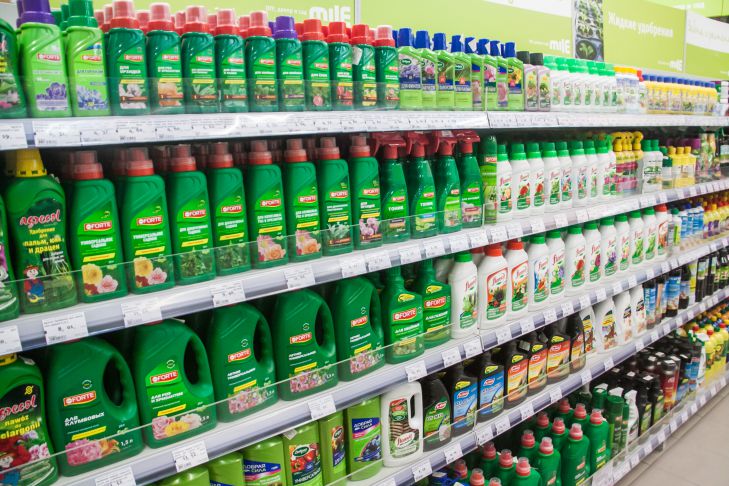How to improve flowering of indoor plants: notes for housewives
Houseplants decorate our home and create a cozy atmosphere. But in order for them to please us with their lush and bright bloom, they need to be properly cared for and fed.
What substances are useful for flowering indoor plants and how to add them to the soil?
Nitrogen, phosphorus and potassium
Nitrogen, phosphorus and potassium are three essential macronutrients that are essential for plant growth and development.
Nitrogen is responsible for the formation of green mass, phosphorus is responsible for flowering and fruiting, potassium is responsible for strengthening the immune system and resistance to stress.
To feed indoor plants, you can use various organic and mineral fertilizers containing these elements.

For example, you can add humus, compost, ash, bone meal, superphosphate, potassium salt and others to the soil.
Microelements
Microelements are substances that plants need in small quantities, but without which they cannot function normally. These include iron, manganese, copper, zinc, boron, molybdenum and others.
Microelements affect the color of leaves and flowers, the activity of enzymes, and the synthesis of vitamins and hormones.
To feed indoor plants, you can use special complex fertilizers that contain all the necessary microelements in a balanced ratio. You can also add infusions of herbs, tea, coffee, tree bark and other natural materials to the soil.
Soil acidity
The level of soil acidity is a significant factor in determining the availability of essential nutrients to vegetation. Different plants prefer different levels of acidity, so you need to select soil according to their requirements.
To measure the acidity of the soil, you can use litmus paper or a special device - a pH meter. To adjust the acidity of the soil, you can add lime, dolomite flour, soda, vinegar, citric acid and other substances to it.
Conclusion
Fertilizing indoor plants is a simple but important process that will help you get healthy and beautiful plants.
To do this, you need to know what substances are useful for plant flowering and how to add them to the soil.
